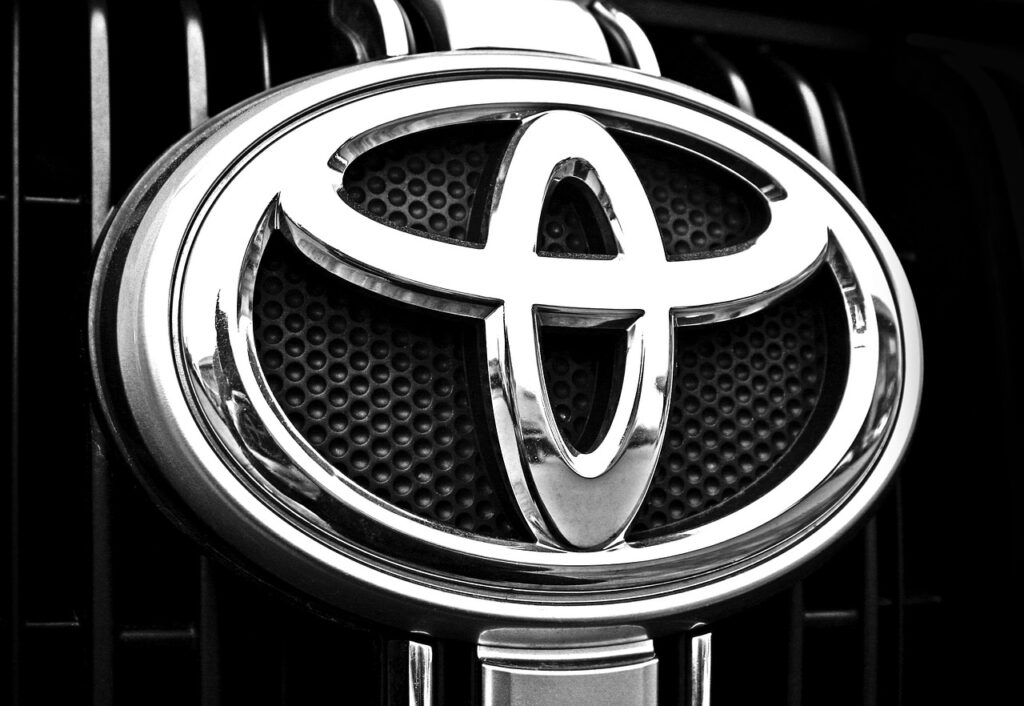In a startling turn of events for the hydrogen energy industry, Toyota is at the center of a lawsuit alleging deceptive practices surrounding its hydrogen-powered vehicles, particularly the Mirai. The case raises critical questions about the integrity of hydrogen vehicle marketing, the viability of fueling infrastructure, and the sustainability claims of major automakers.
A Broken Promise: The Fuel Tank Discrepancy
The lawsuit claims Toyota knowingly sold thousands of Mirai vehicles despite their inability to achieve the advertised fuel tank capacity. This has reportedly led to widespread customer dissatisfaction, as owners find themselves unable to rely on the vehicles for their promised range. With Toyota dominating California’s hydrogen vehicle market—holding an 87.73% share after selling 12,272 out of 13,988 hydrogen cars—the implications of this issue are far-reaching.
This alleged gap between promise and performance underscores a broader tension in the hydrogen energy sector: the challenge of balancing ambitious marketing claims with the current state of technology and infrastructure.
The Infrastructure Shortfall: A System Under Strain
At the heart of the plaintiffs’ grievances is California’s hydrogen fueling infrastructure, which they describe as woefully inadequate. Despite Governor Gavin Newsom allocating over $20 million annually to support hydrogen initiatives, only a few dozen operational fueling stations serve more than 14,000 hydrogen vehicles. Publicly available reports indicate these stations are often down for maintenance, exacerbating the challenges for drivers.
The lawsuit highlights incidents where Mirai owners were stranded due to fueling station failures—a logistical nightmare that undermines Toyota’s claims of quick and easy refueling. These recurring problems not only inconvenience drivers but also cast doubt on the readiness of hydrogen technology for mass-market adoption.
Greenwashing Allegations: A Blow to Environmental Credibility
Toyota’s marketing positions hydrogen as an environmentally friendly alternative to fossil fuels. However, the plaintiffs argue this constitutes greenwashing, citing evidence that hydrogen production often emits more carbon than traditional fuel sources. If substantiated, these claims could tarnish Toyota’s reputation as a sustainability leader and amplify scrutiny of hydrogen’s carbon footprint.
Market Manipulation and Consumer Harm
The plaintiffs also allege that Toyota has used its market dominance to dictate terms to hydrogen fuel operators and restrict consumer access to alternative fueling options. Specific incidents are cited where Toyota allegedly pressured state entities to remove competing hydrogen fueling stations from public resources. Such practices, if proven, could have stifled competition and limited consumer choice, compounding the frustrations of hydrogen vehicle owners.
In addition to infrastructure challenges, Mirai owners face financial burdens, including vehicles with little to no resale value. This economic strain further intensifies dissatisfaction among customers who invested in a technology they believed to be viable and forward-looking.
Implications for the Hydrogen Industry
This lawsuit comes at a pivotal moment for the hydrogen energy sector. The allegations against Toyota not only threaten its standing in the market but also raise broader concerns about the viability of hydrogen vehicles as a cornerstone of sustainable transportation.
For policymakers, industry leaders, and consumers, the case underscores the importance of transparency and accountability. As hydrogen continues to be touted as a solution to global energy challenges, ensuring that marketing claims align with technological realities will be essential to building trust and driving adoption.





